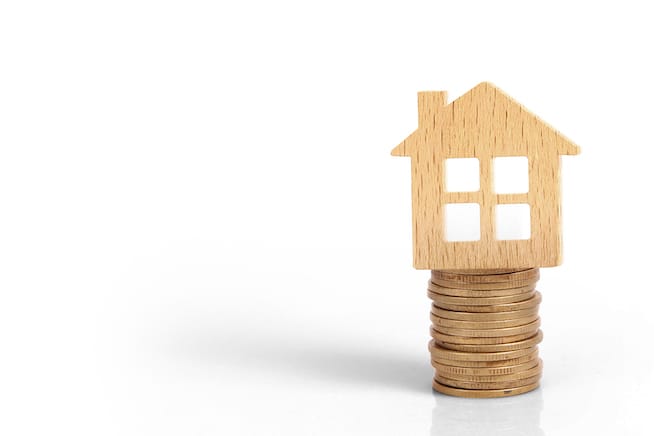
Are you in the market for a home or other property?
There are some terms with which you should familiarize yourself. One of those terms is “easements.”
Understanding easements gives you an advantage when you’re serious about a property. Here is some helpful information about easements and their effect on property value.
Easements Explained
The easy explanation for an easement is that it’s a part of a property that others can access. Sometimes the easement benefits the property owner, while sometimes it’s a bit of a hassle. Easements and boundary disputes sometimes delay a purchase.
There are several types of easements, but they’re all legally binding. If you fail to live up to the easement, you’ll find yourself on the wrong end of a lawsuit. Every easement is different, so easements and property value vary in almost every case.
Understanding Easements by Type
Let’s take a deeper look into several different types of easements. If you run into a property with an easement, you’ll know whether it’s an asset or a burden.
Appurtenant
An easement appurtenant stays with the property itself. It’s not tied to a person or a period of time. This type of easement benefits the property owner.
An example is a property with access to a park or beach that’s shared by two neighbors. The only access is through a shared walkway. When one of the neighbors sells their property, the new and existing property owners both have access.
The new neighbor can’t deny access to the existing neighbor, nor can the existing neighbor deny access to the new neighbor.
Gross
An easement in gross is not tied to the property. It belongs to a person or entity. The benefit is only to the person or entity that holds the easement.
Many people own properties in which the utility company has an easement in gross. This allows the utility workers access the property as necessary for the maintenance of the powerlines.
Dominant vs Servient Estates
If you’re the dominant estate, you’re the party benefiting from the easement. If you’re the servient estate, you carry the burden of allowing others access to your property.
Prescriptive Easement
Also called easement by prescription, you create this type of easement by using another’s land as if you had an easement. It happens over a long period of time.
If you want a prescriptive easement, certain conditions apply. You’ll definitely want to discuss a prescriptive easement with a lawyer.
Many Types of Easements
Understanding easements fully takes time and education. If you’re looking at a property with an easement, you won’t regret checking with a lawyer.
There are lawyers specializing in foreclosures, easements, and other types of property issues. A lawyer can bring you up to speed and let you know if investing in the property is a good idea.
If you’re buying a property with an easement or struggling through a foreclosure of your own, it’s best to have a good lawyer on your side. Please contact us and we’ll help.


